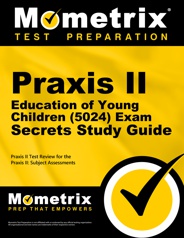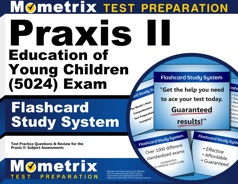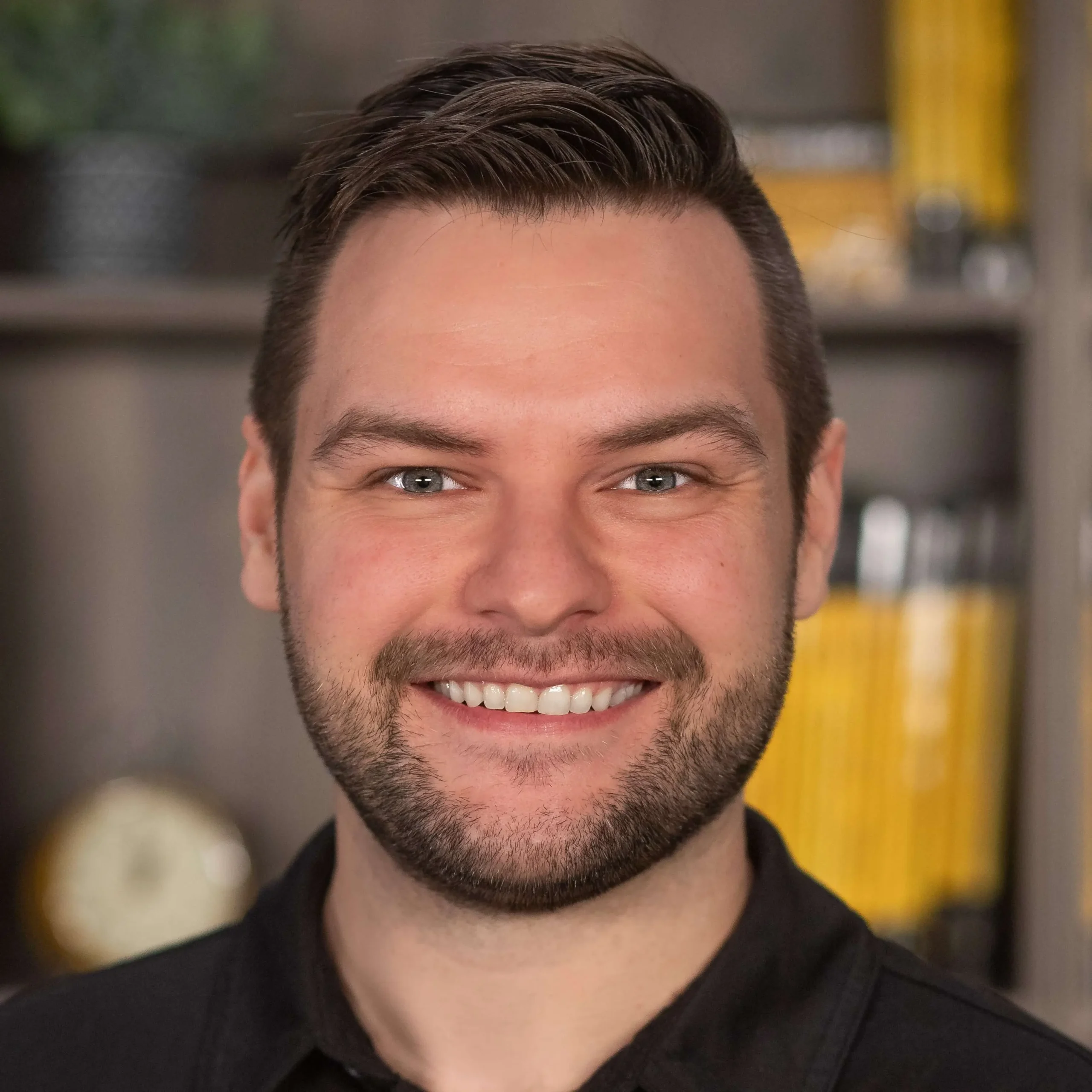The Praxis Education of Young Children exam is designed to measure the knowledge and skills that are essential for entry-level teachers of children in elementary schools.
Click “Start Test” above to take a free Praxis Education of Young Children practice test, and check out our premium-quality Praxis test prep resources by clicking the links below!
Exam Outline
The Praxis Education of Young Children exam contains 120 selected-response questions and three constructed-response questions, and you will be given a time limit of 2.5 hours.
The exam is split into six content categories, which are designed to cover the various competencies and points of knowledge that a teacher should possess.
I. Childhood Development and Learning (25 questions)
The questions in this category assess your knowledge and skills pertaining to the following:
- Children’s characteristics and needs
- Multiple influences on the development and learning of a child
- The affect of multiple risk and protective factors on children’s development over time
- Creating a supportive, challenging, healthy, and respectful learning environment
II. Observation, Documentation, and Assessment (19 questions)
The questions in this category assess your knowledge and skills pertaining to the following:
- The goals, benefits, and uses of assessment to inform curriculum and instruction
- Application of responsible assessment practices that meet the diverse needs of children
- Appropriate methods for screening, referral, and evaluation to identify children who may benefit from additional support
- The diverse, inclusive, and varies roles of families in the assessment and screening processes
- Strategies for team-building, two-way communication, and reporting with families to establish shared responsibility for learning
III. Developmentally Appropriate Practices (19 questions)
The questions in this category assess your knowledge and skills pertaining to the following:
- Structuring the classroom environment to support children’s learning
- Applying a flexible, research-based repertoire of learning and teaching approaches to promote the diverse needs of children’s development
IV. Professionalism, Family, and Community (19 questions)
The questions in this category assess your knowledge and skills pertaining to the following:
- Ethical standards
- Continuous, collaborative learning that informs practice
- The integrated role of other professionals who may be involved in children’s care and education
- Uses of technology to communicate with peers, families, and children
- Engaging and supporting families and communities through relationships that are reciprocal and respectful
- Involving families and communities in young children’s development and learning
V. Content Pedagogy and Knowledge (38 questions)
The questions in this category assess your knowledge and skills pertaining to the following:
- Language Literacy
- Mathematics
VI. Knowledge of Teaching (3 questions)
This category contains the three constructed-response questions. These questions require you to write a short analysis of of a given prompt.
Check Out Mometrix's Praxis: Education of Young Children (5024) Study Guide
Get practice questions, video tutorials, and detailed study lessons
Get Your Study Guide
Registration
To register for the Praxis Education of Young Children exam, you will need to create an online account with ETS. Through this account, you can submit an application to take the exam.
During registration, you will be asked to select the test-taking format (remote or at a testing center), test location (if you are taking the test at a testing center), and test date. You will also need to pay the $156 exam fee.
Test Day
In-person Testing
You should arrive at the testing center about 30 minutes before the scheduled testing appointment on test day. For the check-in process, you will be asked to provide a printed copy of your admission ticket and two forms of valid identification as soon as you arrive.
You will also be asked to store all personal items (such as your cell phone, wallet, keys, and accessories) in a secure locker before entering the testing area.
Once the check-in process is complete and you are fully approved for testing, you will be led to the testing station and given a brief tutorial on the testing system.
Remote Testing
To take the exam remotely, you must use a laptop or desktop computer that has the ETS Secure Test Browser downloaded and installed on it. This is the browser you must use to take the exam. You will also need a functioning webcam, speakers, and a microphone.
When you check in to take the exam, the remote proctor will ask you to show proof of identification and to move your webcam around the room so that your testing area can be observed. Once the proctor has approved your testing area, they will walk you through the testing process and begin your exam.
How the Exam is Scored
Your Praxis Education of Young Children exam score is based on the number of questions you answer correctly (your raw score). Your raw score is converted to a scaled score. The scaled score you need to obtain to pass the exam is 160.
You should receive an official score report about five weeks after testing.
Check Out Mometrix's Praxis: Education of Young Children (5024) Flashcards
Get complex subjects broken down into easily understandable concepts
Get Your Flashcards
FAQs
Q
How many questions are on the Praxis Education of Young Children exam?
A
There are 123 questions on the exam.
Q
How long is the Praxis Education of Young Children exam?
A
The time limit for the exam is 2.5 hours.
Q
What is the passing score for the Praxis Education of Young Children exam?
A
To pass the exam, you must achieve a minimum scaled score of 160.
Q
How much does the Praxis Education of Young Children exam cost?
A
The examination fee is $156.
